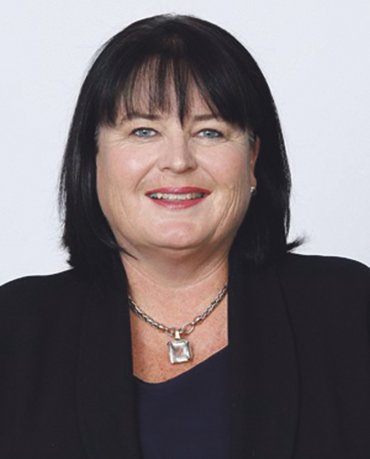Family Boost to help with costs

Dana Kirkpatrick, MP
Contributed
FOR many families in the East Coast electorate, the past three years have been a difficult time financially. We know that families across New Zealand have faced rising costs, especially for early childhood education.
It is important for families to know that FamilyBoost payment registrations are now open. Households earning up to $180,000 can register now through Inland Revenue’s myIR platform. From October 1, claims can be made for fees paid between July 1 and September 30.
I have had children at daycare in the past and I can appreciate how much Minister Nicola Willis’ announcement in Budget 2024 of FamilyBoost will mean to parents with young children. It can be a significant cost for families and a barrier to returning to work if people want to.
With FamilyBoost, a couple earning $150,000 and paying $350 a week for ECE can expect a refund of $731.25 for the quarter. Families with different income sources, including self-employed parents, are also eligible, and single parents earning $85,000 can receive a refund of up to $812.50.
To apply, simply register on myIR, gather your ECE invoices, and be ready to submit your claim when applications open from October 1.
FamilyBoost is part of the Government’s commitment to helping families. We are making it easier for parents to manage household expenses while ensuring their children get quality early education, giving those children the best start in their education life.
I encourage all families with children enrolled in ECE to get their invoices together, make their application through IRD, and they will receive their FamilyBoost reimbursement directly to their bank account.
In other news, there has been a significant announcement in mental health support this week, which is good news for our community. Recently I met with mental health providers in Whakatāne and then with the Prime Minister in Gisborne, we discussed issues that are causing challenges in the social sector, including those working in the mental health and addiction fields.
One of the biggest barriers to timely mental health support is workforce shortages. It’s one of the Government’s top priorities and it’s pleasing to see Health NZ respond with a workforce plan with meaningful increases in a number of key workforce areas.
The new Mental Health and Addiction Workforce Plan supports the Government’s focus on growing our mental health and addiction workforce over the next three years and includes several key workforce boosts to numbers of psychiatry registrars, doubling clinical psychology intern placements to 80 by 2027, launching an associate psychology post-graduate programme to train 20 students annually from 2026.
We also plan to increase New Entry to Specialist Practice places by 30 percent over three years, reaching 475 by 2027, increase mental health nurse practitioner training by 83 percent from 2025, to 22 trained annually, and funding 90 additional consumer, peer support, and lived experience workers annually.
Our mental health and addiction workforce is essential to New Zealanders getting the care they need when they experience mental distress or problems with addiction.
In our communities, we have significant need for more and better services, and this is a good step towards shoring up the workforce and shifting the dial.
-Dana Kirkpatrick